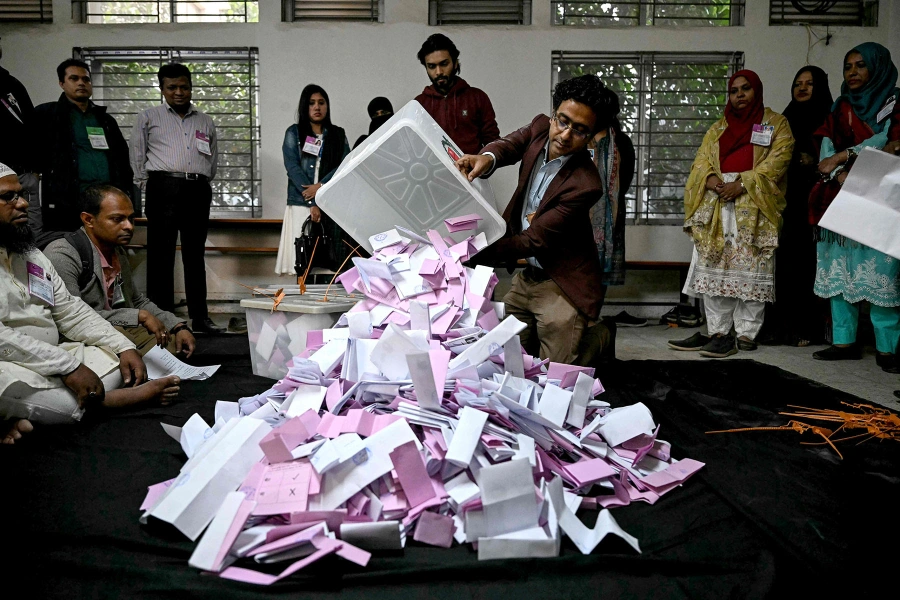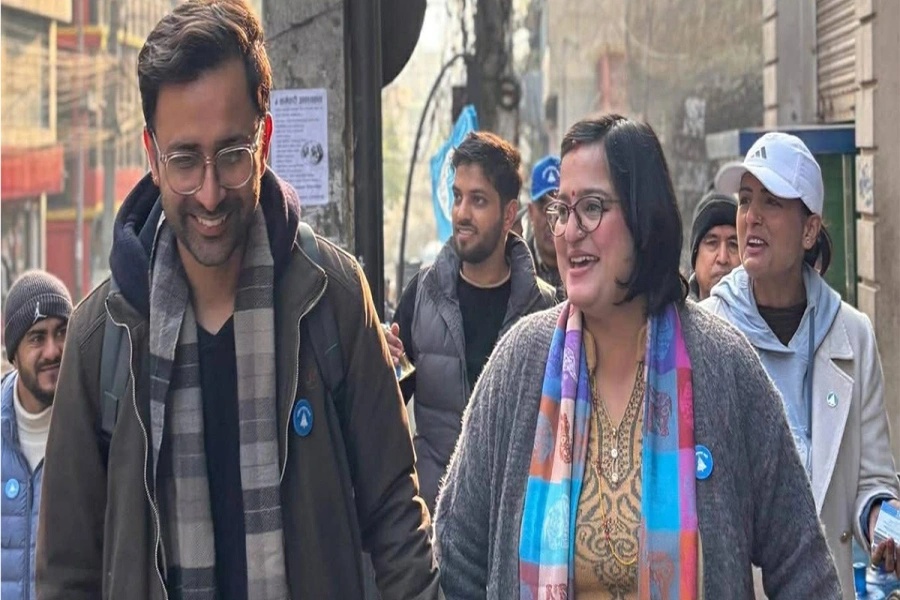TANAHUN, Oct 31: When he tried his hands at horticulture a few years ago, Madan Poudel of Shuklagandaki Municipality was not very sure about its success. Although he knew there was a huge demand for flowers in the market, finding buying while the flowers were fresh seemed to be challenge. But with time, his business flourished. Now he has stable income not just during festivals like Dashain or Tihar, but also through the year. “It is a profitable business. You only have to have passion for it,” he states.
According to Poudel, flower farming is easier and rewarding as compared to farming of crops. One has to take care of the quality of the soil and seeds though. “If you want to produce best quality flowers, you have to go for the best quality soil and then also take care of the quality of seeds or saplings. Then gain a little technical knowledge, get some training and start it,” he encourages.
Had it not been for his engagement in horticulture, Poudel may or may not be working in the country. Like many others, he would have chosen to fly off for foreign employment. “When you are satisfied by your work at your own place, you don’t have to think about going elsewhere. I wish more youths would start their own entrepreneurial journey,” he said.
Surya Kumar Shrestha from the same municipality believes in team work. He has partnered with five others to start a joint floriculture venture this year. And all of them, including Shrestha are returnee migrant workers. “I am quite excited. We have invested in it, and we are sure of a good return,” said Shrestha. Life abroad was very hard and even the pay was meager which would always worry Shrestha. He wanted to come back soon after leaving the country, however, he was not sure whether the decision would not make him regret.
Floriculture counseling center in Dharan

“When I worked abroad, life was very hard. Duty hours were too long and you would hardly get any rest. And the pay was not satisfactory either,” Shrestha reminisced. “Several times I thought if returning home would be a wise decision, but always found myself in a dilemma,” he added.
He returned from a gulf country last year and then took basic horticulture training. That boosted his confidence so much that he decided to team up with others with similar passion and the joint venture took off. According to Shrestha, they sold flowers worth over Rs 200,000 during Tihar.
The country imports flowers worth millions of rupees every year. The demand soars during festivals and during Valentine’s Day. Although local products are trying to make space in the market, this is very challenging sometimes, according to farmers. Shrestha and Poudel suggest the government to ‘do all it takes’ to make the country independent in flowers.
“If you look at our municipality, you will find that a growing number of youths are getting attracted towards floriculture. Not just here, even in other parts of the district, it is almost the same. This is a very encouraging sign,” said Shrestha. “However this could be just a seasonal attraction if there is no guarantee of our investments,” he added.
Farmers demand that the government should introduce policies that encourage local flowers over the imported ones. High taxes on imported flowers could be a way to promote local flowers, they say.
“We can produce best quality flowers here. Then why let other countries sell their flowers to us?” Shrestha asks.
Poudel is also in favor of discouraging flower import. He said that his flowers have rather been exported. “Flowers from my farm have been sent to Qatar, 20 kg of the best quality Sayapatri (Marigold) was sent to Qatar,” he said.
If the local government gives free floriculture training to youths and if it introduces encouraging and supportive policies, many more youths would love to start it, according to Poudel. “And that would stop them from looking for job abroad,” he said.




































